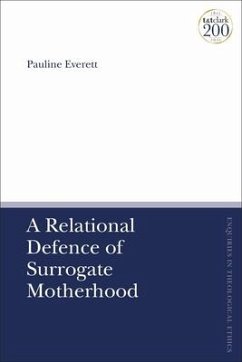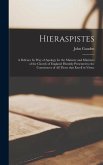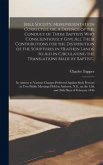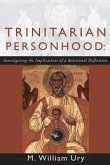Pauline Everett explores how surrogacy is presented in three secular and three Church reports by focussing upon the surrogate, the commissioning couple and the child. She explores the key theological and ethical objections to surrogacy, namely: that it undermines motherhood, involves baby selling, coercion, exploitation and commodification. Everett analyses motherhood and reflects on a secular approach and a Christian approach. She examines whether paid surrogacy commodifies, exploits and coerces the participants; and its theological understanding seeing human beings as created in the image of God and as having dignity. Everett explores whether paid surrogacy involves baby selling, and uses Augustine and Aquinas to illustrate the concepts of the self and other; arguing that self-interest and altruism can co-exist with care for the self and the other in a relational framework without detriment. She concludes with presenting three models towards surrogacy, and asks for a more sophisticated ontology of the relationship between the self and the other, calling for various solutions in a surrogacy custody battle.
Hinweis: Dieser Artikel kann nur an eine deutsche Lieferadresse ausgeliefert werden.
Hinweis: Dieser Artikel kann nur an eine deutsche Lieferadresse ausgeliefert werden.







![No Popery, or, A Defence of the Book of Common Prayer [microform]: the False Charges of the So-called Reformed Episcopal Church Examined and Fully Ref No Popery, or, A Defence of the Book of Common Prayer [microform]: the False Charges of the So-called Reformed Episcopal Church Examined and Fully Ref](https://bilder.buecher.de/produkte/71/71725/71725655m.jpg)
